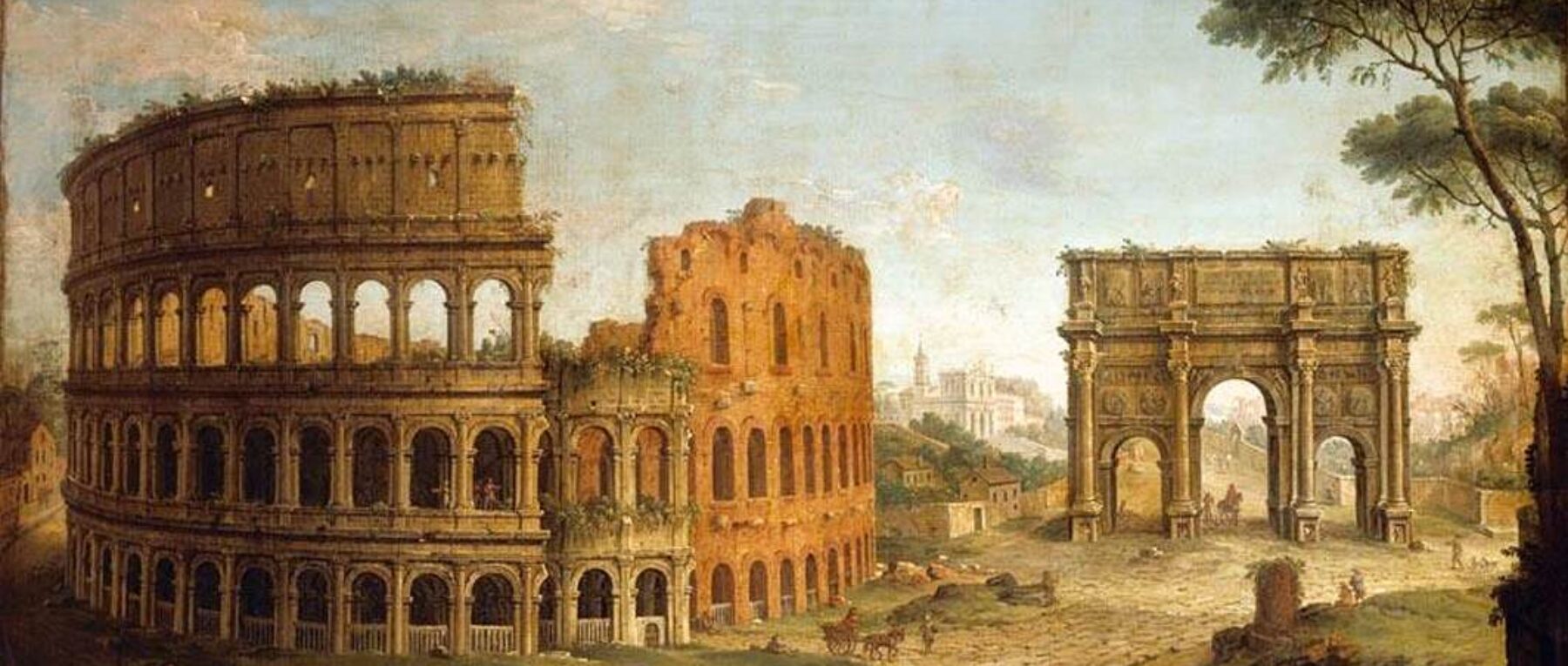What can Seneca teach us about the one possession that can never be taken away?
Recently I delved into reading,’On the Shortness of Life‘ a collection of three letters by Roman Stoic Philosopher and statesman Seneca. There’s much to merit the work and the advice he provides to his friends feels so resonant, almost like it was written for the reader only yesterday.
In his ‘Consolation to Helvia’, he writes to his mother attempting to console her grief at his recent exile. Seneca had been exiled to the island of Corsica by the Emperor Claudius after being accused of committing adultery. At one point in the letter, having laid out why exile is nothing to worry about, he makes the crucial point that the most valuable of things we carry with us wherever we venture — exiled or not. He writes:
“For how little have we lost, when the two finest things of all will accompany us wherever we go, universal nature and our individual virtue.” Seneca (On The Shortness of Life, p. 45)
For the exile, banished from his normal abode and arriving upon a new land, is confronted by the same order of nature. The same sky ranges above him, the same sun rises and falls, and the seasons change with the turning of the earth. This ‘universal nature’ is what the Stoic’s referred to as the whole changing Universe or Cosmos of which the human being was an integral part.
Therefore, how could a person feel out of place in such a world? This is a good reason not to lament being exiled to a foreign land, something Seneca no doubt understood and was living through as he wrote this letter on Corsica, far from home.
 |
“Whatever is best for a human being lies outside of human control: it can be neither given nor taken away.” (Seneca, On the Shortness of Life, p. 45)
It is worth considering that a human being can be deprived of almost everything; money, possessions, people, nourishment, even one’s precious liberty and yet, there remains something which can never be taken away by human hands. It’s the one place we can never be exiled from – our own mind.
In a striking passage as if to illustrate his point all the more powerfully, Seneca writes the following:
“The world you see, nature’s greatest and most glorious creation, and the human mind which gazes and wonders at it, and is the most splendid part of it, these are our own everlasting possessions and will remain with us as long as we ourselves remain.” (Seneca, On the Shortness of Life, p. 45)
Sources:
https://www.britannica.com/biography/Lucius-Annaeus-Seneca-Roman-philosopher-and-statesman
Seneca, On the Shortness of Life, Translated by C.D.N Costa, Penguin Books Great Ideas Edition, London England, 2004
https://iep.utm.edu/stoicmind/


